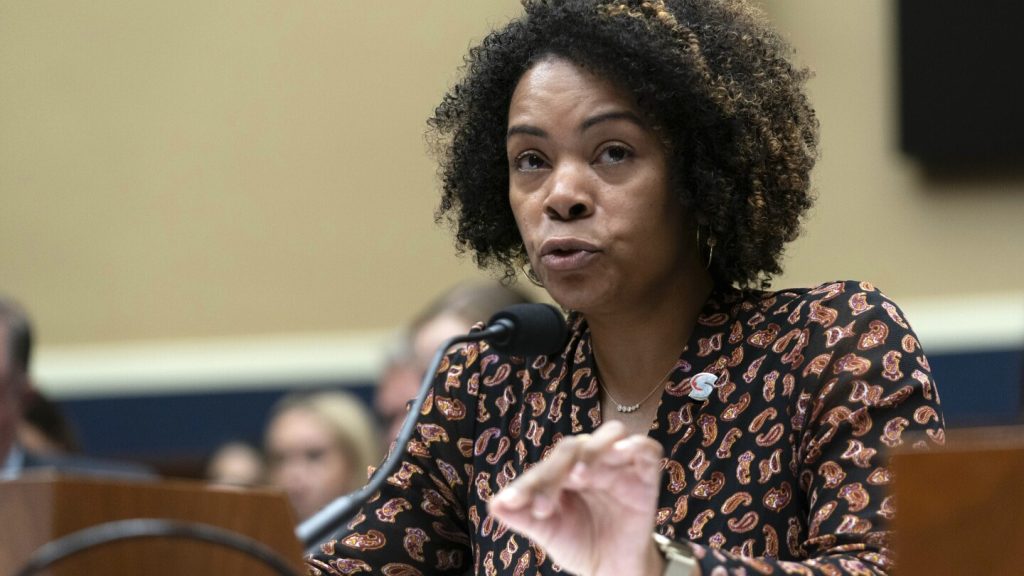The U.S. Center for SafeSport has announced 10 changes aimed at increasing efficiency and trauma sensitivity in response to feedback from both victims and the accused involved in cases at the center. This follows an eight-month review of the process that has been criticized by Congress, Olympic athletes, and families of grassroots sports participants. Some of the changes address issues raised in Associated Press stories detailing cases where both victims and the accused were left feeling uncertain about the SafeSport process.
Key changes include dedicating half of an employee’s time to training in the response and resolution department, with a focus on enhanced trauma sensitivity training. The center is also assembling a specialized team for cases involving minors and offering claimants the option to review evidence and respond within 14 days of an investigation. Additionally, the center will limit the accused’s ability to introduce new evidence in cases that reach arbitration and conduct audits to increase accountability in grassroots sports.
The announcement of these changes has been welcomed by individuals who have had negative experiences with the center’s process. One mother, whose son was sanctioned by the center before an investigation, expressed optimism about the adjustments and their implications for their case. The U.S. Olympic and Paralympic Committee CEO, Sarah Hirshland, is hopeful that the changes will lead to a better athlete safety system, acknowledging the center’s efforts to improve trust in their processes.
Starting Monday, the center will provide more clarity on the reasons behind “administrative closures” in cases, which make up 38% of the center’s cases between 2017 and 2022. Despite the changes, there is no mention of reducing the percentage of cases that result in administrative closure, which has been a source of frustration for national governing bodies. The announcement comes following recommendations from a Congressionally appointed commission for reform in the center, including a proposal for government funding instead of relying on the USOPC.
The co-chairs of the commission have expressed satisfaction that the center is acknowledging the need for reform, but they believe more needs to be done to strengthen oversight and accountability within all movement institutions. They are calling for greater independence for the Team USA Athletes Commission and the establishment of an independent funding stream for SafeSport. Ju’Riese Colon, the CEO of the center, has presented some of these changes to Congressional panels, signaling a step forward in addressing concerns and improving the center’s processes.


